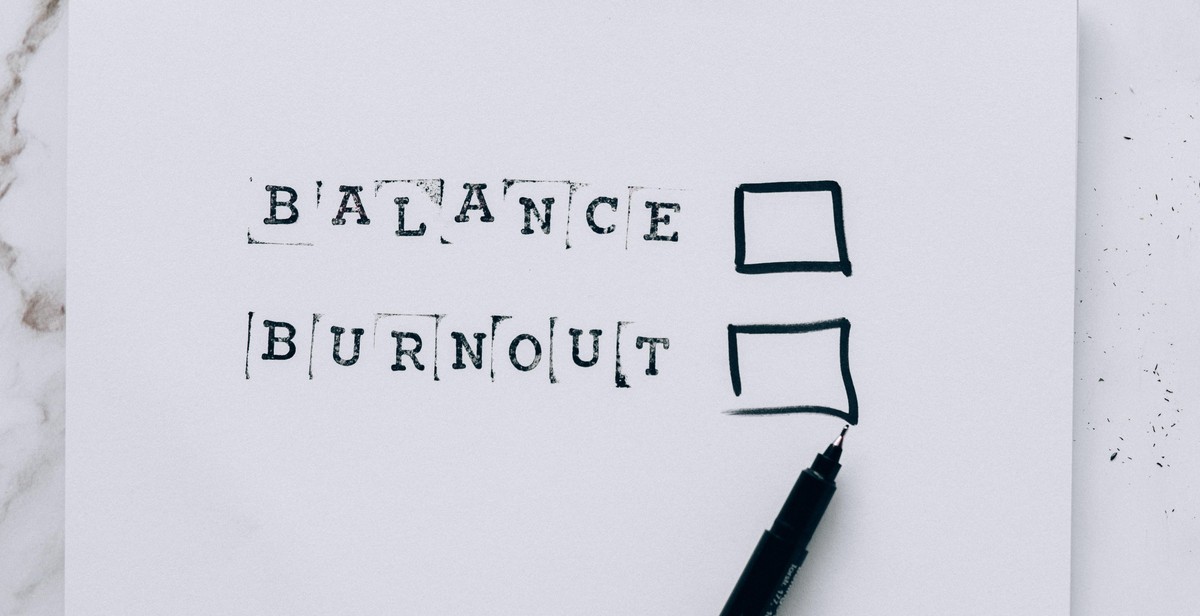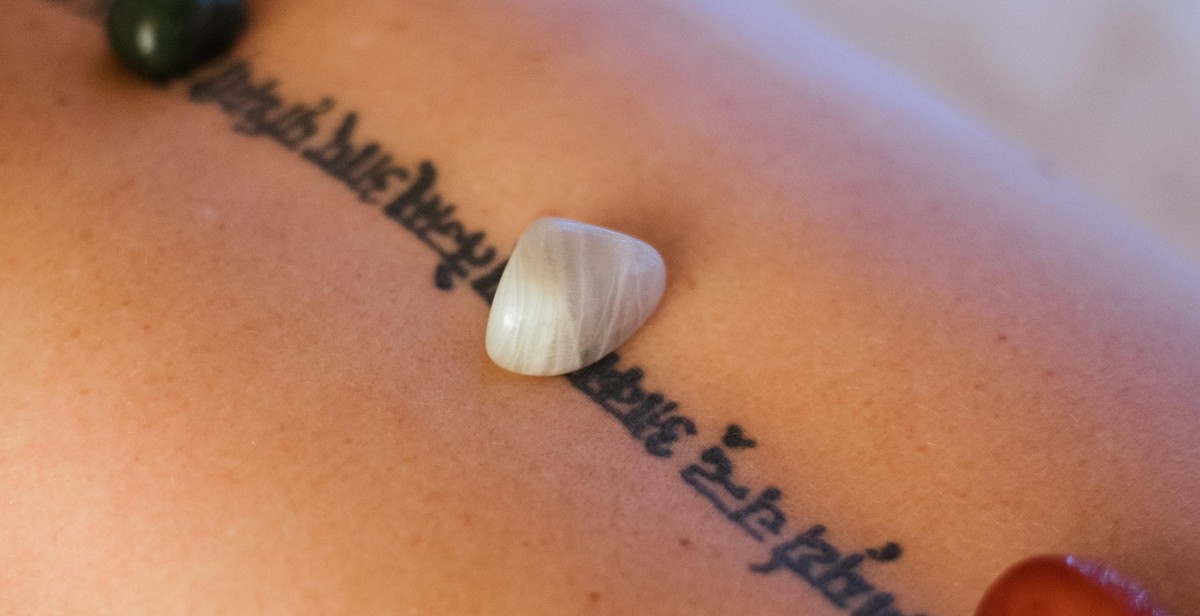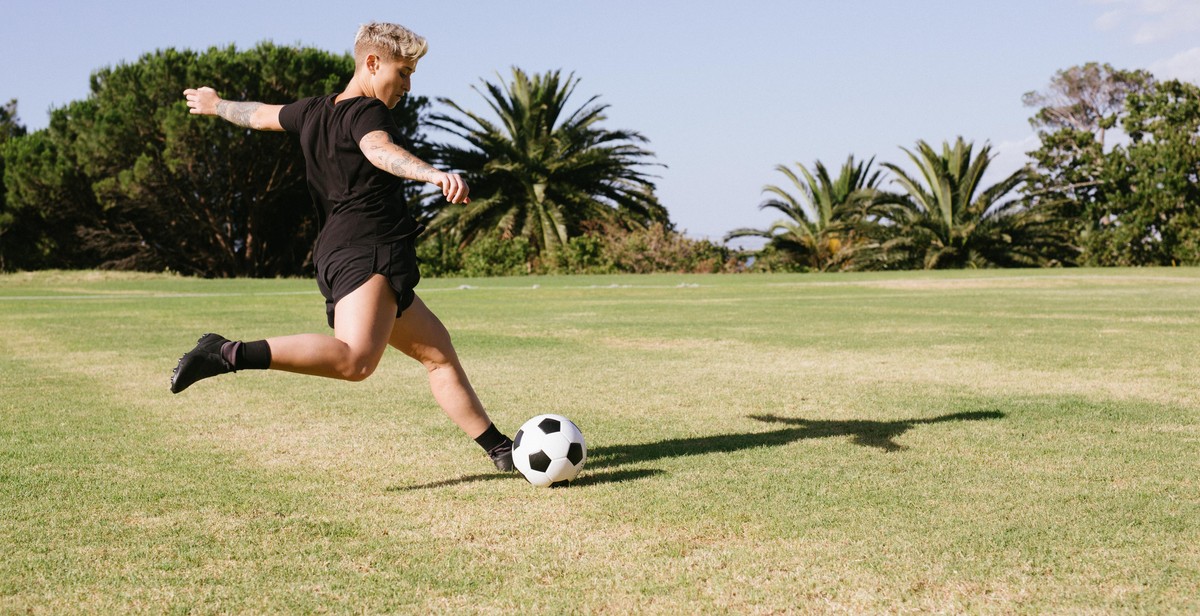Introduction: How to Recover from Soccer Burnout
Soccer burnout is a real issue that can affect players at any level, from beginners to professionals. Burnout can be caused by a variety of factors, including overtraining, lack of rest, injuries, and mental exhaustion. As someone who has been playing soccer for over a decade, I have experienced burnout firsthand.
My Personal Experience with Soccer Burnout
During my junior year of high school, I was playing on three different soccer teams while also trying to maintain good grades and a social life. I loved playing soccer, but I was constantly tired and felt like I was going through the motions rather than truly enjoying the game. I was burnt out.
I knew I needed to take a break, but I was afraid of falling behind or losing my spot on the team. Eventually, I reached a breaking point and had to take a few weeks off to recover. It was difficult at first, but ultimately it was the best decision I could have made. I came back to the game feeling refreshed, motivated, and ready to play at my best.
If you are experiencing soccer burnout, you are not alone. In this article, we will discuss strategies for rest, rehabilitation, and motivation to help you recover and get back to playing the game you love.

What is Soccer Burnout?
Soccer burnout is a condition that affects athletes, particularly soccer players, who experience physical, emotional, and mental exhaustion due to prolonged periods of intense training and competition. It is a type of overtraining syndrome that can lead to decreased performance, injuries, and even mental health issues if left untreated.
Defining Soccer Burnout
Soccer burnout is a result of overtraining and can be defined as a state of physical, emotional, and mental exhaustion that occurs when an athlete is exposed to excessive stress and competition. It is a gradual process that can develop over time and can be caused by a variety of factors, including:
- Training too hard or too often
- Playing in too many matches without proper rest and recovery
- Experiencing high levels of stress, both on and off the field
- Being pushed beyond their limits by coaches, teammates, or themselves
Symptoms of Soccer Burnout
The symptoms of soccer burnout can vary from person to person, but some common signs to look out for include:
- Decreased motivation and interest in soccer
- Increased irritability and moodiness
- Chronic fatigue and muscle soreness
- Decreased performance on the field
- Injuries that do not heal or keep recurring
- Sleep disturbances
- Depression and anxiety
If you are experiencing any of these symptoms, it is important to take action to prevent further burnout and potential long-term damage to your physical and mental health.

Rest and Recovery Strategies
Rest and recovery are essential for athletes to maintain their physical and mental health. Soccer players are prone to burnout due to the high intensity of the sport. Therefore, taking time to rest and recover is crucial for their performance and overall well-being.
Importance of Rest and Recovery
Rest and recovery allow the body to repair and rebuild muscles, reduce inflammation and prevent injury. It also helps to maintain a healthy immune system, improve mental health, and boost motivation.
Sleep and Nutrition
Sleep and nutrition are two critical factors for rest and recovery. Getting enough sleep helps the body to recover and regenerate, and it also helps to maintain mental health. Adequate nutrition is essential for muscle recovery and growth. Soccer players should consume a balanced diet that includes carbohydrates, protein, and healthy fats.
Active Recovery
Active recovery involves low-intensity exercises that help to increase blood flow, reduce muscle soreness, and improve flexibility. Examples of active recovery include yoga, swimming, and light jogging. Active recovery can also help to prevent injury and improve overall performance.
Overall, rest and recovery are essential for soccer players to maintain their physical and mental health. Adequate sleep and nutrition, along with active recovery, can help to prevent burnout, reduce the risk of injury, and improve performance.

Rehabilitation Strategies
Recovering from soccer burnout can be a challenging process, but with the right rehabilitation strategies, it is possible to bounce back stronger than ever. Here are some effective rehabilitation strategies to help you get back to playing soccer:
Physical Therapy
Physical therapy is an essential part of the recovery process for soccer players. A qualified physical therapist can help you regain your strength, flexibility, and range of motion while also helping you manage any pain or discomfort you may be experiencing. They can create a personalized rehabilitation plan for you that addresses your specific needs and goals.
Injury Prevention
Preventing injuries is key to avoiding soccer burnout in the first place, but it’s also important in the recovery process. Working with a coach or trainer to develop an injury prevention plan can help you avoid re-injuring yourself or developing new injuries. This may include exercises to strengthen weak areas, proper stretching techniques, and other injury prevention strategies.
Gradual Return to Play
It’s important to take a gradual approach to returning to soccer after burnout or injury. Rushing back too quickly can lead to re-injury or further burnout. Working with your physical therapist and coach to develop a gradual return-to-play plan can help you ease back into soccer safely and effectively. This may include starting with light training and gradually increasing your intensity and duration over time.
| Week | Activity |
|---|---|
| 1-2 | Light cardio and stretching |
| 3-4 | Low-intensity drills and exercises |
| 5-6 | Gradual increase in intensity and duration of training |
| 7+ | Return to full training and gameplay |
By following these rehabilitation strategies, you can recover from soccer burnout and get back to playing the game you love.

Motivation Strategies
Recovering from soccer burnout requires not only physical rest and rehabilitation but also mental rejuvenation. Here are some effective motivation strategies to help you get back on track:
Setting Realistic Goals
One of the most important things you can do to stay motivated is to set realistic goals for yourself. Instead of focusing on the big picture, break down your goals into smaller, achievable steps. This will help you to stay motivated and track your progress. For example, if your ultimate goal is to make the varsity team, set smaller goals like improving your endurance or mastering a new skill.
Positive Self-Talk
The way you talk to yourself can have a huge impact on your motivation. Instead of being overly critical or negative, practice positive self-talk. This means using words of encouragement and praise to motivate yourself. For example, instead of saying “I’ll never be good enough,” say “I’m working hard and improving every day.”
Mental Toughness Training
Mental toughness training can help you stay motivated and focused during challenging times. This type of training involves practicing techniques like visualization, mindfulness, and deep breathing to help you stay calm and focused under pressure. It can also help you develop resilience and bounce back from setbacks.
- Visualization involves imagining yourself performing at your best and achieving your goals.
- Mindfulness involves being present in the moment and not getting caught up in negative thoughts or distractions.
- Deep breathing can help you calm your nerves and reduce stress.
By incorporating these motivation strategies into your recovery plan, you can stay motivated and focused on your goals. Remember to be patient and kind to yourself as you work towards recovery.

Conclusion
Experiencing burnout in soccer can be frustrating and demotivating, but it’s important to remember that it’s a common issue among athletes and can be overcome with the right strategies.
Rest
One of the most important things you can do to recover from soccer burnout is to rest. This means taking a break from soccer altogether for a period of time, whether that’s a few days or a few weeks. It’s important to allow your body and mind to recover fully before returning to the sport.
Rehabilitation
If you’ve experienced an injury that’s contributed to your burnout, rehabilitation is key. This may involve physical therapy, stretching, and other exercises to help you recover and prevent future injuries.
Motivation
Finally, finding ways to stay motivated is crucial for avoiding burnout in the future. This may involve setting goals, finding a support system, and focusing on the aspects of soccer that you enjoy the most.
- Remember that it’s okay to take a break and prioritize your mental and physical health.
- Work with a coach or trainer to develop a personalized plan for rehabilitation and recovery.
- Stay connected with teammates and other athletes for motivation and support.
By implementing these strategies, you can recover from soccer burnout and return to the sport with renewed energy and enthusiasm.
